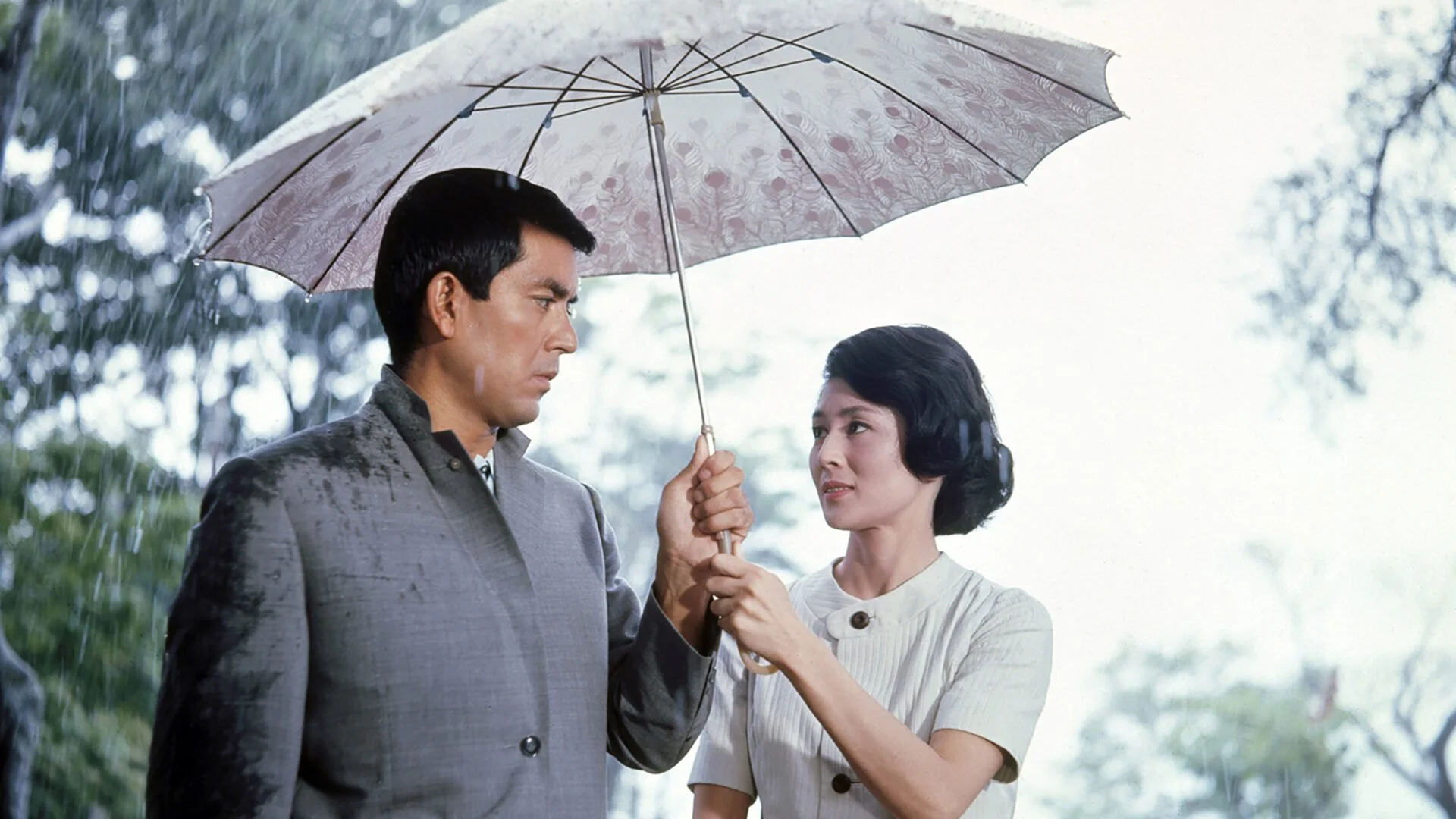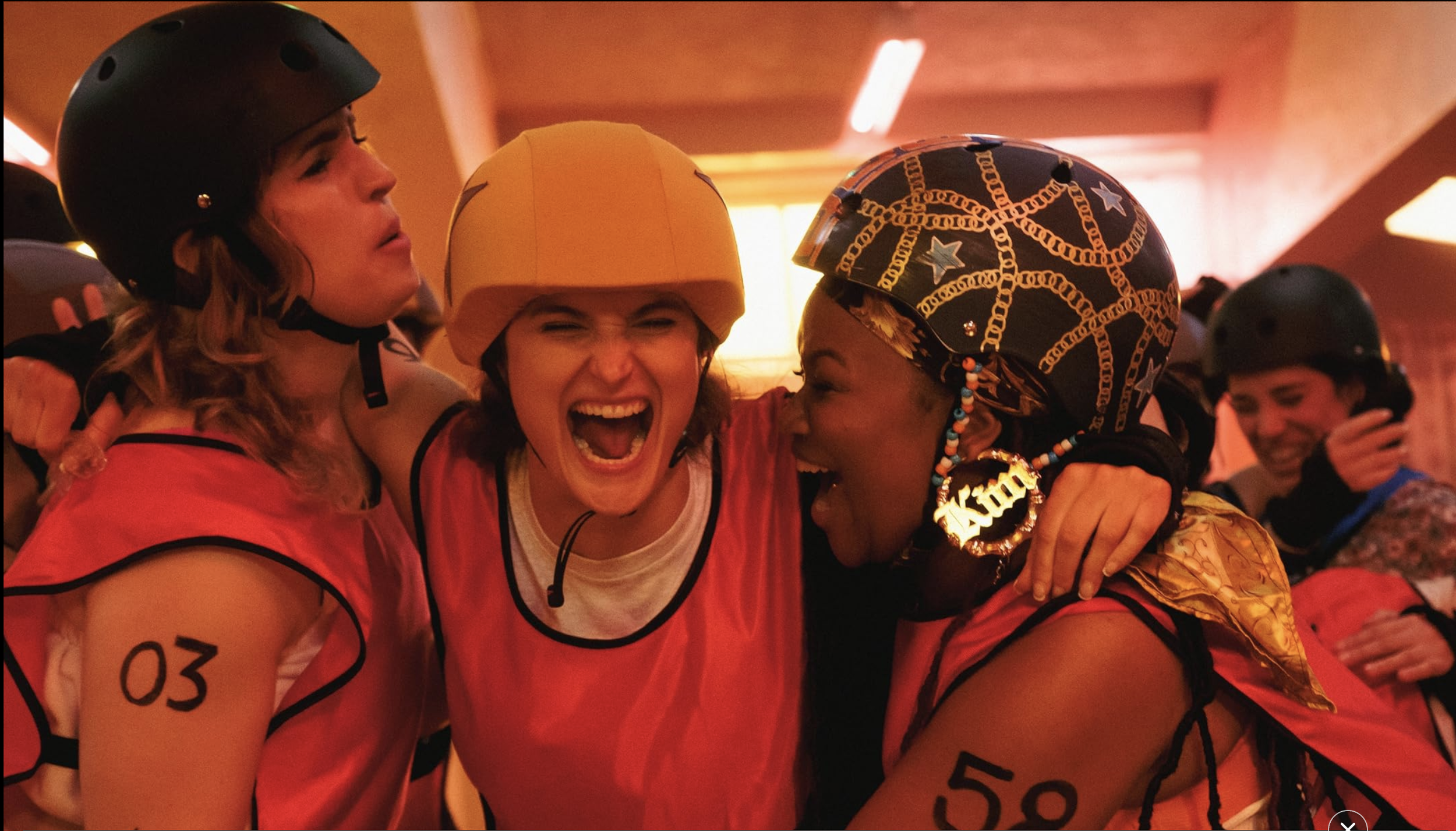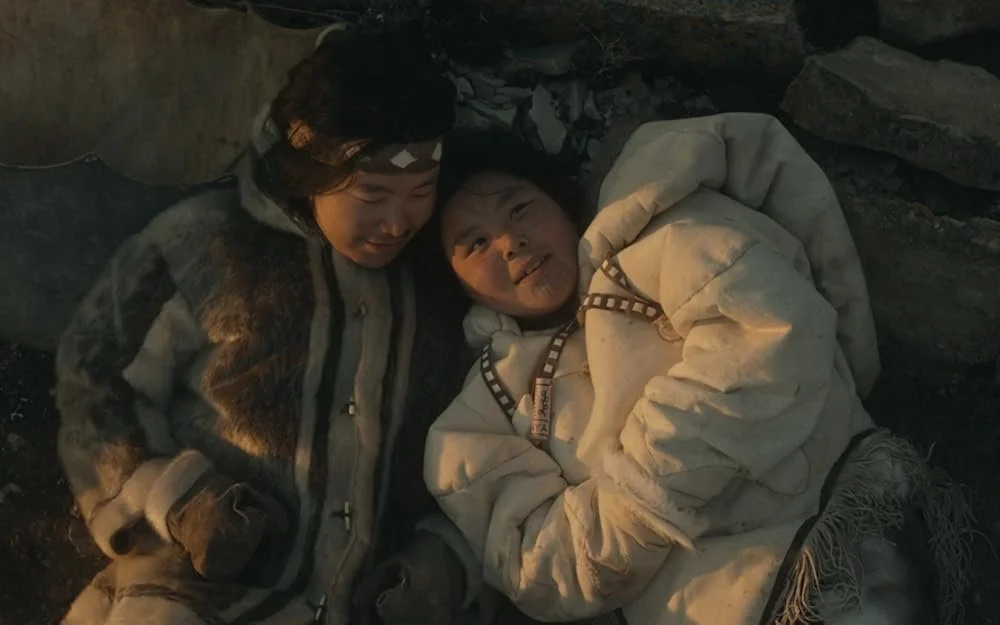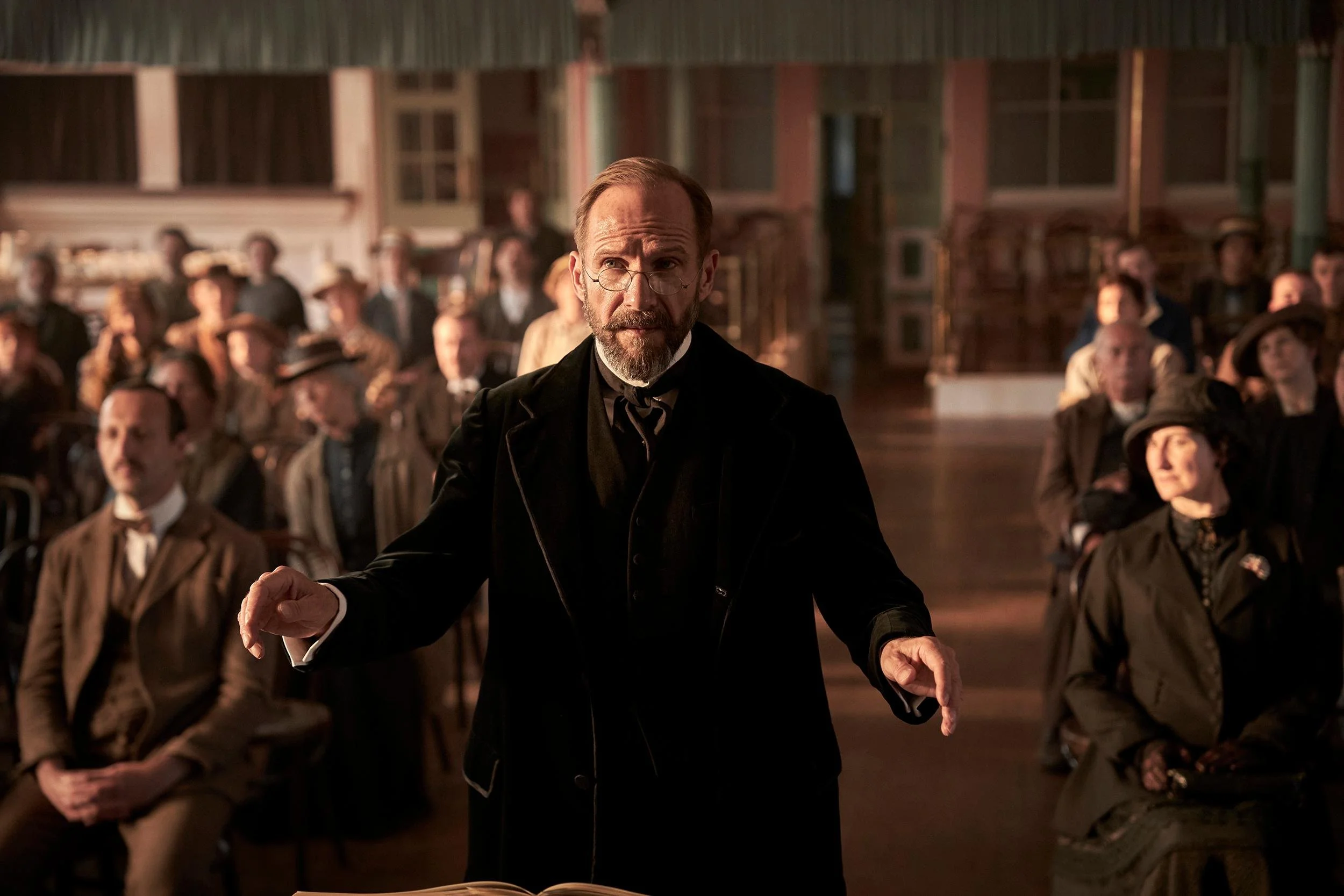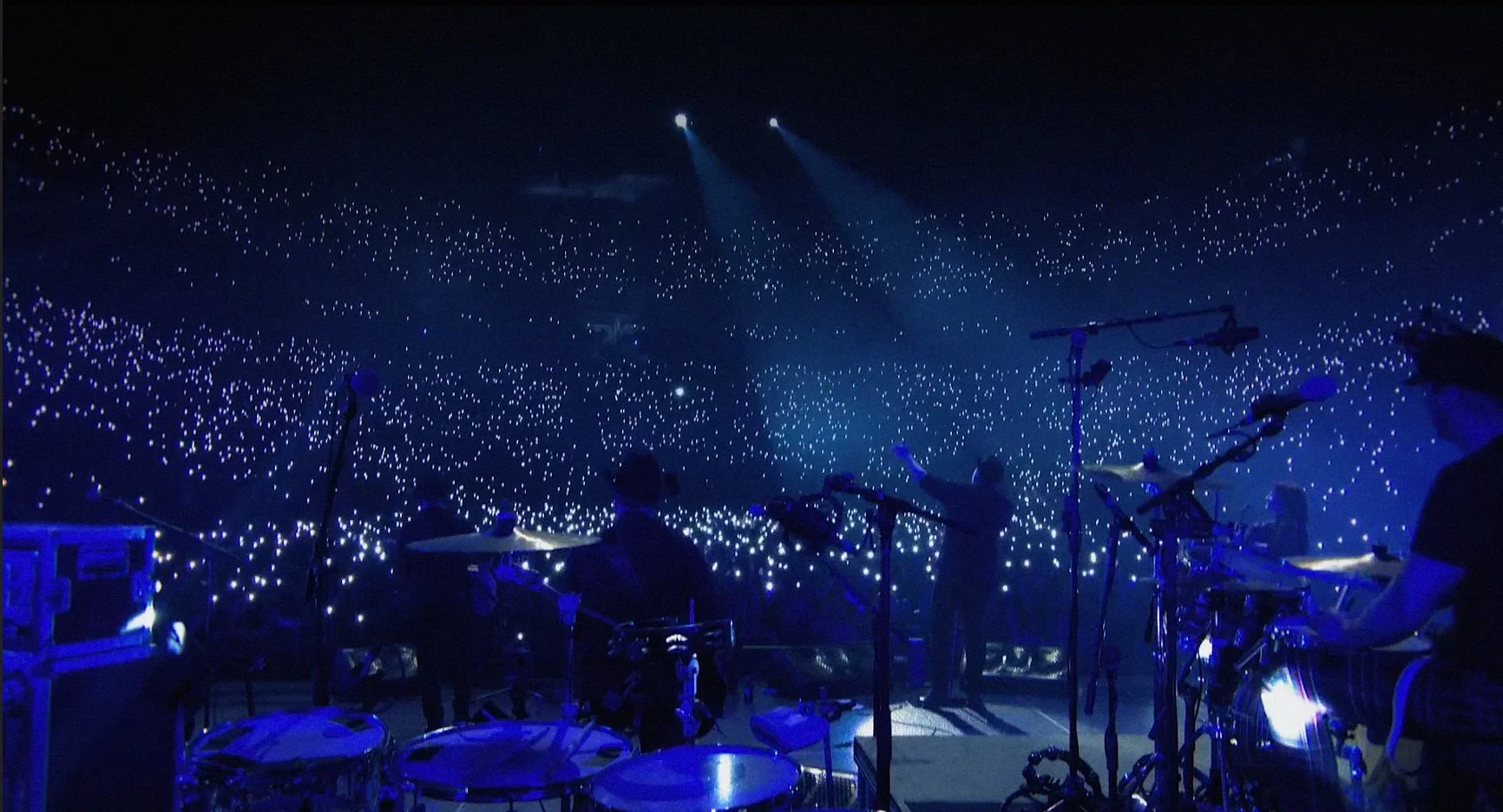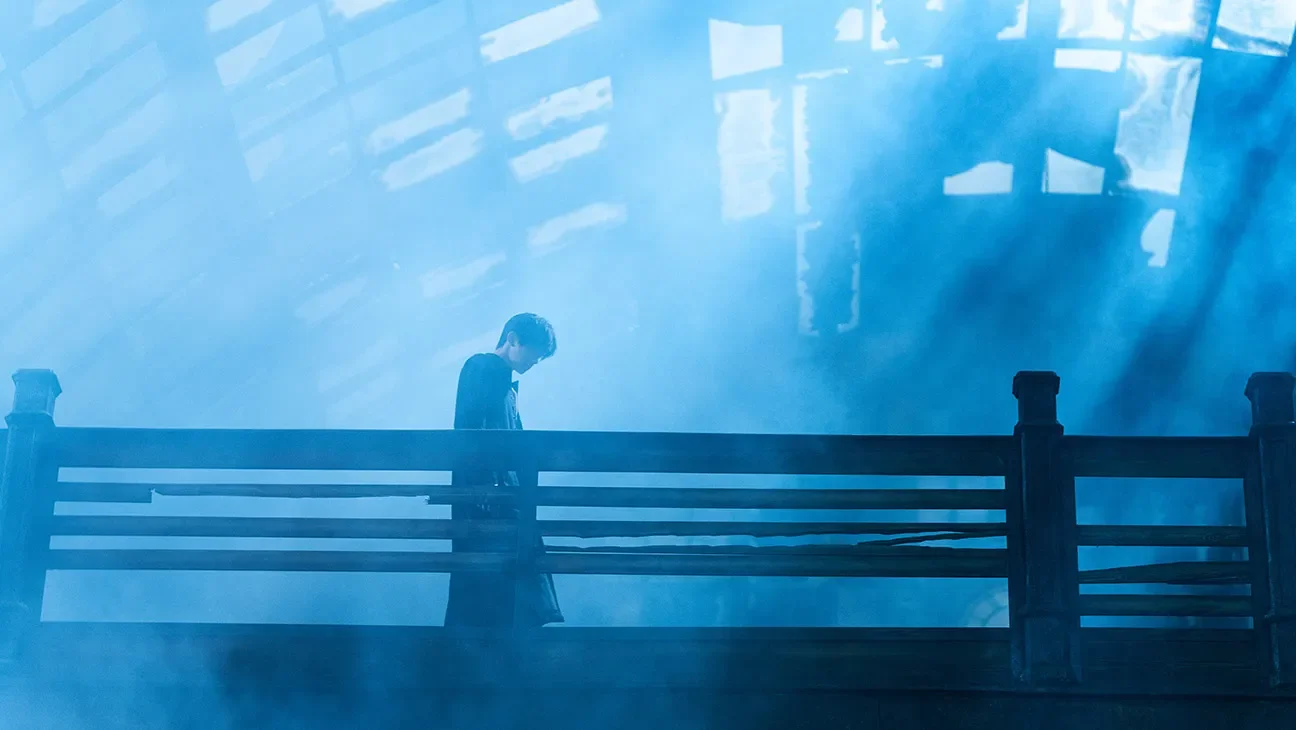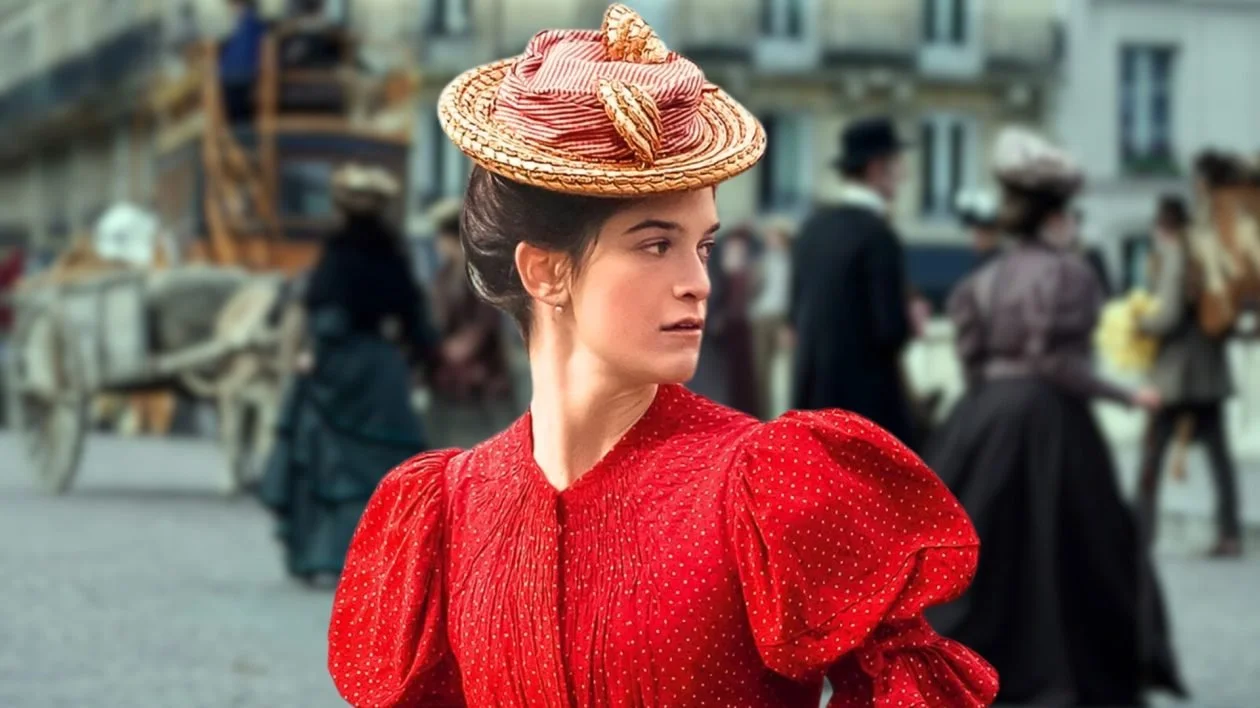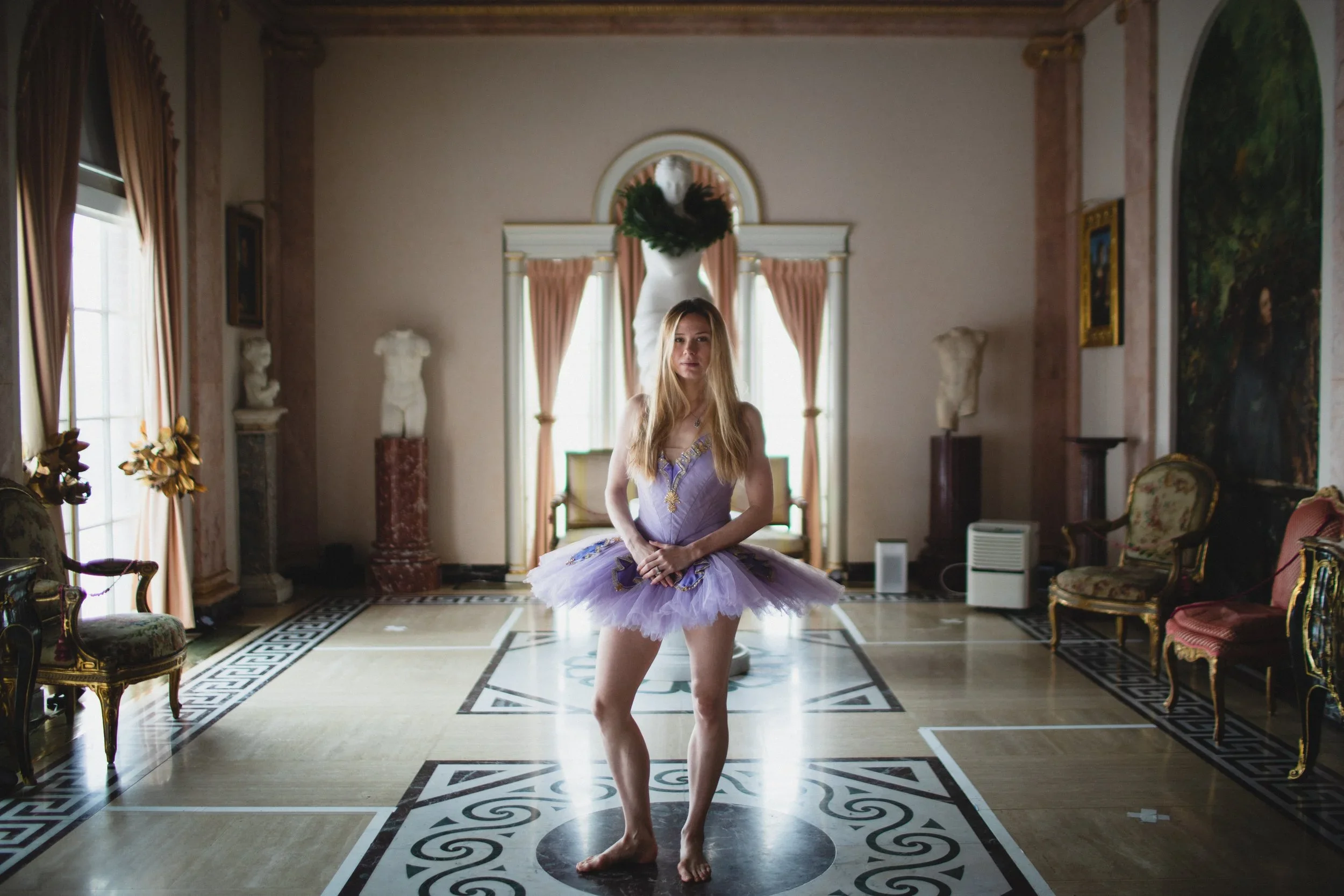Film review: Ru brings Kim Thúy's beloved novel to achingly beautiful life
At Rendez-Vous French Film Festival, movie captures the poetry, imagery, and culture shocks of refugee family’s journey to Quebec
Chloé Djandji plays a young girl facing culture shock and painful memories in Ru.
Rendez-Vous French Film Festival screens Ru at SilverCity Coquitlam on March 7 at 7:15 pm, with author-producer Kim Thúy appearing at 6:30 pm
AUTHOR KIM THÚY’S Governor General’s Award–winning novel Ru gives unique access to the refugee experience, following her family from Vietnam across the ocean to a new life in Canada. But what makes the book, and the extraordinary new movie based on it, so touching is the specific mix of that story with the French-Canadian culture that the family learns to call its own.
In his new screen adaptation, Canadian director Charles-Olivier Michaud finds the warmth and humour in everything from a stepdance welcome in a community gym to the healing magic of maple taffy made on fresh snow. Or ham decorated with canned pineapple chunks and maraschino cherries. Or a fridge full of donated shepherd pies.
The story is told nonchronologically, through the eyes of preteen Tinh (a remarkably unaffected Chloé Djandji) and following her family’s harrowing journey from upper-class comfort in Vietnam to the refugees once known as “boat people”, eventually starting over again in Canada. The culture shock is immediate: upon arrival in Quebec, the trip into Granby is by bus, through a blizzard, following a snowplow. In one of Michaud’s poetically surreal moments, a wide-eyed Tinh spots a new bride, crying and drinking champagne, still wearing her long white gown, on the hall floor of the motel the family calls home for many weeks.
The script (by Thuy working with Michaud and Jacques Davidts) uses restraint but never glosses over the trauma the parents and their children carry with them into their new lives. Via flashbacks, we see soldiers ransacking the family’s books and belongings, and witness the inhumanity of the dank boat hold. Through assured visual storytelling, Ru lets us in on the experience of forced migration—specifically, the trials, big and small, that “boat people” faced—whether it’s a parent sewing money into shirt hems or a camera slowly panning through a garment factory. In one scene, Tinh’s mother (a steely Chantal Thuy) stares from the ship hull, up a long ladder to the first daylight she’s seen in weeks. It’s a complex mix of despair about what’s behind her and fear of the unknown that awaits at the top of the hatch. Later, she refuses to speak to her daughter and two young sons in anything but French, and drives them to study harder. At the same time, the parents’ sacrifices are moving, the educated father (a quietly dignified Jean Bui) mopping cathedral floors and delivering Chinese food.
What’s so poignant is that everyone’s too busy to pay too much attention to the growing pains and trauma that Tinh is quietly navigating herself—at a time when PTSD wasn’t a term yet, and everyone, including every child, was expected to tough things out.
To his credit, director Michaud chooses not to tell this story through a lot of dialogue, but rather through imagery and often achingly beautiful visual details. A perfect symbol of all of the cultural upheaval comes with recurring shots of a second-hand toaster, which a kind Quebec sponsor assumes will be a necessity for the Vietnamese family’s breakfasts, but that becomes a chopstick holder abandoned in a corner.
Intermixed with Tinh’s moving coming-of-age story is a palpable nostalgia for small-city Quebec of the 1970s, whether it’s a grandpère toasting his new guests with an Old Vienna stubby or the woody-wagon the sponsor family drives around. That echoes Tinh’s sentimentality for old Vietnam—her memories of the family record player, an old Rolleiflex camera, the ornate window grills and balusters. That dual yearning speaks to the way we can find a new home while still hanging on to the old one. Or in terms of the comforting food the film loves so much, you can eat your Bun Ga Nuong and have your Poutine too. ![]()




